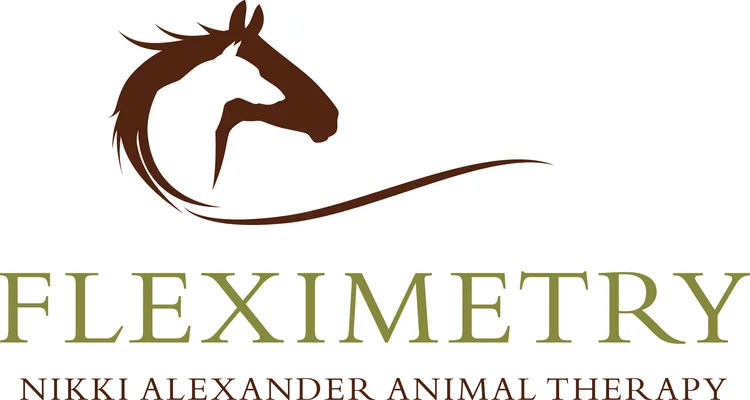Horses (and other large animals)
The demands of high level sport can put strains on a horse's musculoskeletal system
Many horses will benefit from a regular check up to maintain their overall comfort.
Chiropractic, Osteopathic and Physiotherapy treatments for humans are widely known and respected as useful tools to resolve musculoskeletal issues. Now, applying a similar approach to animals is fast becoming accepted with pet owners and veterinary surgeons, who have witnessed the benefits they can provide.
Persistent demand on the horse’s body from lifestyles such as hunting, eventing, show jumping, and dressage can increase the likelihood of musculoskeletal imbalance occurring. Whether your horse needs constantly to perform well for work, or you simply want to give your friend the opportunity to lead a full and active lifestyle, McTimoney Animal Chiropractic Therapy and Physiotherapy can help.
Whether you are a professional rider, competitive amateur, riding club rider or general horse owner; you are likely to know when your horse does not feel ‘quite right’ and is not performing in its usual way. You know when there is something amiss.
Some of the signs to look out for in your horse or pony that can suggest musculoskeletal problems include:
Uneven, irregular action
Uneven wear of shoes or hooves
Sore or cold backs
Unexplained deterioration in usual performance
Asymmetry, such as stiffness on one rein or disunited canter
Inability to strike off on the correct canter lead
Unexplained resistances, such as rearing, refusing and bucking
Uneven muscle development
Uncharacteristic changes in behaviour or temperament.
Some of these can be attributed to compensation for underlying problems such as dental issues, orthopaedic conditions, a poorly fitting saddle or bridle and rider imbalance.
During a consultation we will discuss your horse’s lifestyle with you and in doing so it may become apparent what the underlying issue could be. The aim of the therapy is to treat the musculoskeletal problems that are presented, while also trying to identify the underlying cause and remove it. As a result, those problems should not recur.
For persistent problems that do not respond within four to six treatments we will discuss the benefits of including a Veterinary Surgeon, Qualified Saddler, Equine Dentist or Farrier in the consultation. In some situations, professional input may be required from a number of sources in order to resolve the problem completely. This communication and cooperation is not uncommon and ensures the best and most timely outcome for the horse and the owner.
It's not always horses that need help. Nikki has successfully treated a number of different animals, including a pregnant alpaca who was found badly injured in the field. Following a short course of treatment her pelvis was realigned and she was able to give birth naturally with no problems. Prior to her treatment the owner was very concerned that she might have difficulties due to the severe distortion of her pelvis following the accident.
If you think your horse, pony or farm livestock could benefit, call Nikki for a chat on 07788 723205 or email: nikki@fleximetry.co.uk. She will be more than happy to discuss your requirements and tailor the treatment to suit you.



